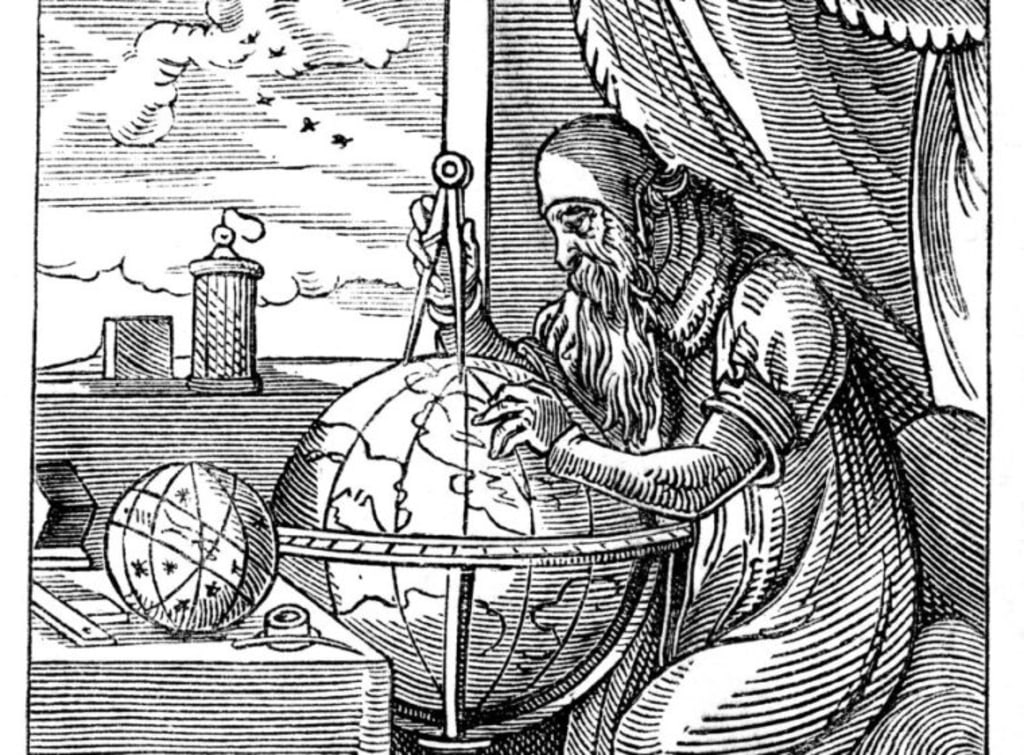Globalism vs. the Scientific Revolution
the scientific revolution

In recent years, a critical examination of the traditional Europe-centric narrative surrounding the birth of science has emerged. This reevaluation is at the forefront of a recent book that challenges the conventional view and offers a more inclusive perspective on the global origins of modern science.
The Euro-Centric View in "The Invention of Science"
The book "The Invention of Science" by British historian David Wootton previously positioned the origin of science within a specific timeframe in European history. Wootton argued that the features of modern science, such as experiments, models, laws, and peer review, coalesced into a formalized process of organized discovery during this period. However, this perspective is inherently tied to how science is defined.
Broadening Definitions in "Horizons"
In contrast, a recent book titled "Horizons" by James Poskett challenges this Euro-centric view and expands the definition of science. Poskett's subtitle, "The global origins of modern science," emphasizes the role of diverse cultures worldwide in organized observations of the natural world. Poskett directly dismisses Wootton's perspective, opting for a more inclusive approach that de-emphasizes the dominance of Europe in the early stages of scientific development.
Defining Science Beyond Europe
Poskett's broad definition of science encompasses various cultures that engaged in systematic observations and attempted to discern patterns in the natural world. Rather than limiting science to European figures like Copernicus and Galileo, Poskett explores astronomical observatories along the Silk Road, cataloging efforts by the Aztecs, and other endeavors that sought to document observations of the natural world.
The Challenge of Comprehensive Science Definition
The broad definition of science proposed by Poskett prompts contemplation on the inclusivity and comprehensiveness of such a definition. While recognizing the organized production of information in various cultures, the question arises: does this encompass the essential elements of science, such as models and laws, crucial for a comprehensive understanding?
The Global Impact of Science
Despite debates on the definition, Poskett's book underscores the global impact of science. The remaining two-thirds of "Horizons" delve into the internationalization of scientific efforts. The narrative explores how science quickly evolved into an international collaboration, shaped by cultural trends like colonialism, nationalism, and Cold War ideologies.
Political Figures and the Pursuit of Science
Poskett highlights the diverse ways political figures, from despots to revolutionaries, viewed science as a means to cultural advancement and economic power. Countries like China, India, Japan, Mexico, and Russia adopted consistent patterns, sending students abroad to study while establishing local research institutions. The internationalization of scientific endeavors becomes a recurring theme, illustrating how various political motivations converged in their pursuit of scientific progress.
Similar Outcomes Despite Diverse Motivations
Remarkably, despite radically different political motivations, Poskett illustrates how nationalism, anti-colonial efforts, and even the promotion of communism produced remarkably similar outcomes in fostering scientific advancement. The convergence of diverse political ideologies underlines the universal recognition of science as a powerful tool for national development.
Addressing Historical Injustices
The narratives of non-European figures in Poskett's work also serve as a poignant reminder of historical injustices in the scientific community. The book sheds light on how racism and sexism have, for centuries, deprived the world of scientific talent. Despite the accessibility of the scientific method, societal barriers have often hindered widespread participation in scientific pursuits.
Unpacking the Semantic Differences
While "Horizons" provides a valuable perspective on the internationalization of science, it leaves questions about the semantic differences between Euro-centric and global perspectives. The distinction between what constitutes science and the features essential for its recognition remains a central point of contention. Poskett's approach, while broadening the narrative, invites further exploration into the criteria defining science.
Continuing the Search for Clarity
The review concludes with a recognition that the differences between the Euro-centric and global perspectives may be more semantic than substantive. The reviewer acknowledges the need for further exploration to better understand the nuances and disagreements surrounding the origins and definition of science. The quest for clarity continues as the scientific community grapples with diverse perspectives on the historical and global dimensions of scientific development.
About the Creator
nizam uddin
My name is Nizam Uddin and I am thrilled to be a part of Vocal.com's community of writers. As a passionate technology enthusiast, I am excited to share my insights and opinions on the latest trends and innovations in the world of tech.






Comments
There are no comments for this story
Be the first to respond and start the conversation.